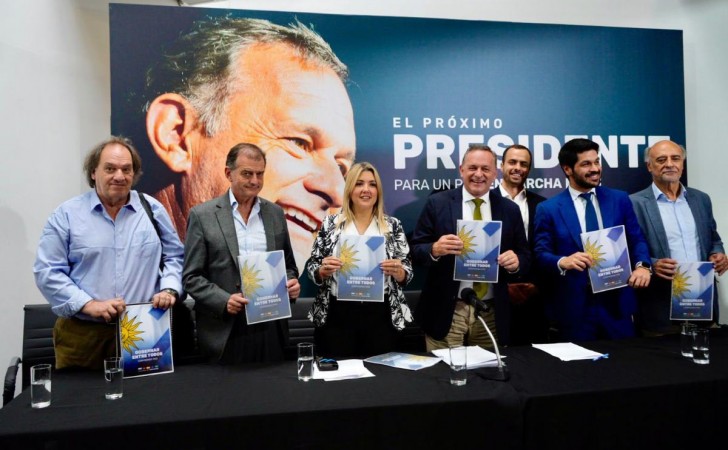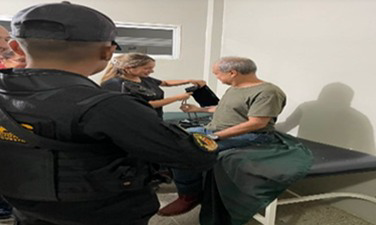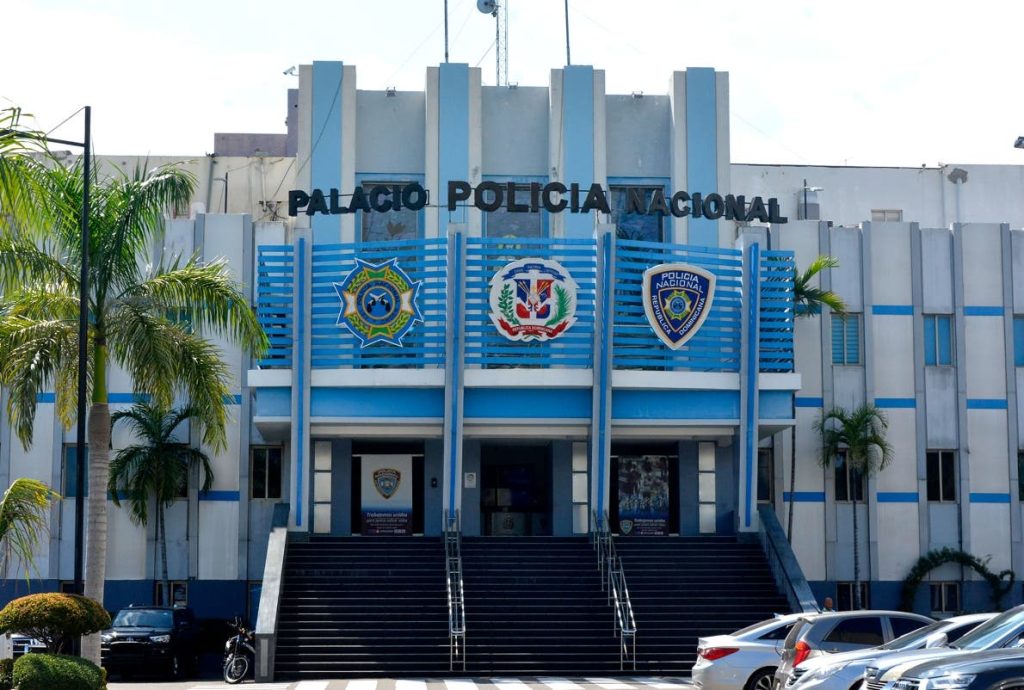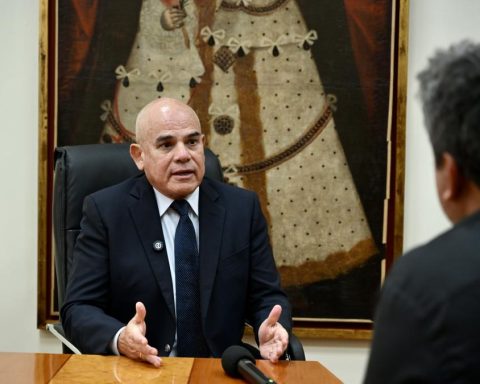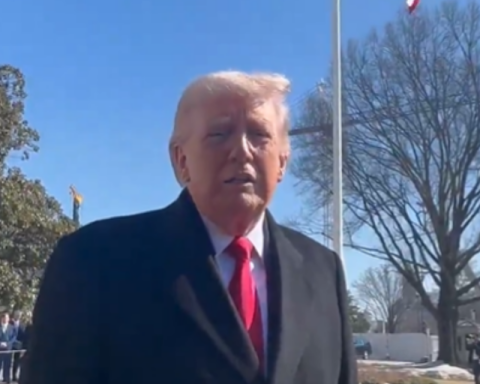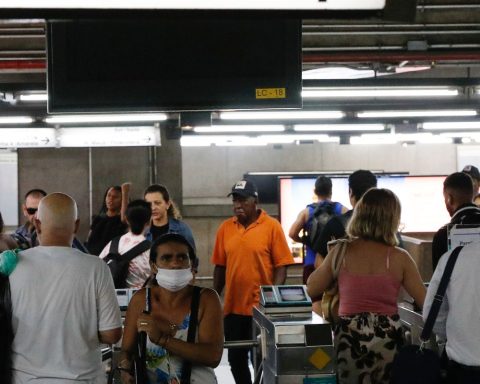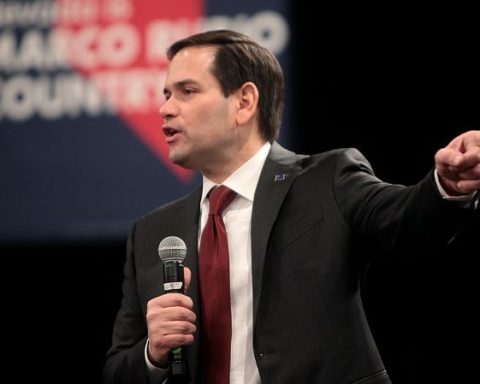
In the last hours, the multicolored coalition, locked behind the National Party candidate, Alvaro Delgadopresented its joint government program in an attempt to show unity after several differences and disagreements that arose after the first round of elections on October 27.
The document, titled “Govern among all”, contains 400 proposals that revolve around 22 thematic axes, and was supported (apart from the vice presidential candidate for the PN, Valeria Ripoll), by Andrés Ojeda (Colorado Party, PC), Guido Manini Ríos (Cabildo Abierto, CA), Pablo Mieres (Independent Party, PI) and Eduardo Lust (Constitutional Environmentalist Party, PCA).
The nationalist candidate highlighted the coincidences between the allies, which allowed rapid progress in the creation of the program. In this context, he mentioned several points: he noted that there was an agreement with CA “in what had to do with the growth and development of the small and medium businesses“, and from there specific measures were defined that “make life easier for that ordinary Uruguayan, that small businessman with a reduction in the cost of energy, modernization of labor relations, elimination of bureaucracy from above and changing the paradigm with the concept of responsible trust”.
The candidate also indicated that with the PC they focused on two issues that Ojeda emphasized throughout the campaign: mental health and addictions. Regarding this last point, they propose “generating a center for young people ‘Neither silence nor taboo’ in the 19 departments, an accessible center for people with an attempt to self-eliminate and improving accessibility to consultations, among many other things.”
The other topic that the PC “insisted a lot” is public safety; Within this scope, it includes “the modernization of the prison system”, the incorporation of technology to the Police, an increase in training and the creation of a “multi-force group that goes directly to attack the assets of organized crime and drug trafficking.” , as Delgado explained.
Regarding the minor parties of the coalition, the candidate commented that with the PI they reached an agreement on the “political and budgetary priority in the early childhood”, while with the PCA he indicated that “things unite us” and that they integrated various proposals related to environmental crimes and the regulation of confidentiality agreements.
The candidate indicated that there are 22 axes in the joint program that range from economics to social policies. He stressed that the coalition shows “unity of action” and “vocation not only to win, but to govern.” In this sense, he criticized that within the FA there are “disputes based on who is more hegemonic,” mentioning that “there is a sector that unbalances—Space 609—and that, added to the radical sectors, unbalances much more and determines not being able to having a program to show, not having a single, solid discourse to believe.”
Likewise, he referred to the “Uruguay is coming”in which the coalition does not have majorities in Parliament. He described it as a challenging stage that will encourage them to improve as a country by seeking interparty agreements.
The first chapter of the document states “a more competitive economy”focusing on small and medium-sized businesses, and presents several general economic measures, such as “continuing to work on the fiscal result so that it is aligned with the country’s competitiveness objectives and the sustainability of public debt.” It is also projected to “continue making progress in reducing inflation to achieve even more ambitious goals than those achieved in the current five-year period.”
Furthermore, it is established that “Taxes will not be increased and the management of the resources that taxpayers give to the treasury will be responsible and transparent”and added that “the Investment Promotion Regime will be improved, adjusting and perfecting its operation so that it continues to be a dynamic element of the economy.”
In the field of international politics, it is proposed, among other aspects, “defend human rights and democracy throughout the world and especially in Latin America”. “A more democratic continent is key to allowing peaceful development for all, and will be a support for action in the world,” it is added.
In the chapter on work it is mentioned “improve drop-off mechanisms based on objective criteria, establishing clear and agile rules for their application, providing legal certainty to social actors”. Furthermore, it is planned to “continue with actions that allow us to address the heterogeneities that occur within the scope of application of each group of activity: different degrees of competitiveness of the markets for goods and services, geographical areas and levels of productivity.”
Chapter 16 focuses on “the second generation of educational transformation”. There, the “development of economic support policies that allow students from the most vulnerable quintiles to finish high school” is proposed, as well as “significantly improving attendance at all levels, through daily information systems, as well as accompaniment and support.” to students and their families.”
The PN blocked Adrián Peña’s attempt to make income to the State more transparent
The document concludes with chapter 22, on “transparency and public ethics”whose first point states: “We reaffirm our commitment to the search for the truth for missing personsas we already did in the ‘Commitment to the country’ and was demonstrated during the current government period.”
Finally, the coalition’s political project proposes to “promote the holding of transparent competitions for the entry and promotion of public officials as a norm. This will be promoted both at the national and departmental levels, respecting the constitutionally enshrined autonomies.”
This is not a new idea, since Luis Lacalle Pou’s 2019 “Commitment to the Country” talks about something very similar, urging “to promote regulations that, respecting the current constitutional framework, establish competition and merit.” in the entry and promotion of people hired by departmental governments.”
In any case, it is contradictory with the position of the National Partygiven that had not accompanied the proposal of the late senator Adrián Peñathat a bill had reached the Senate that aimed to improve the transparency of the hiring of State employees at all levels, from the Central Government to the mayor’s offices.
On that occasion, only the Frente Amplio, the Colorado Party and Cabildo Abierto voted in favor, but the National Party did not give its support. It is also contradictory in practice, because several municipalities of the PN lead the ranking of percentages of direct hiring, without public and transparent competition, starting with Long Hill (almost 100%), followed by Lavalleja, Rivera, Soriano, Black River and Tacuarembó, all with percentages of discretionary hiring above 90%, although there are also others such as Treinta y Tres (86.4%) and Durazno (84.9%), according to reports from the National Civil Service Office itself.
